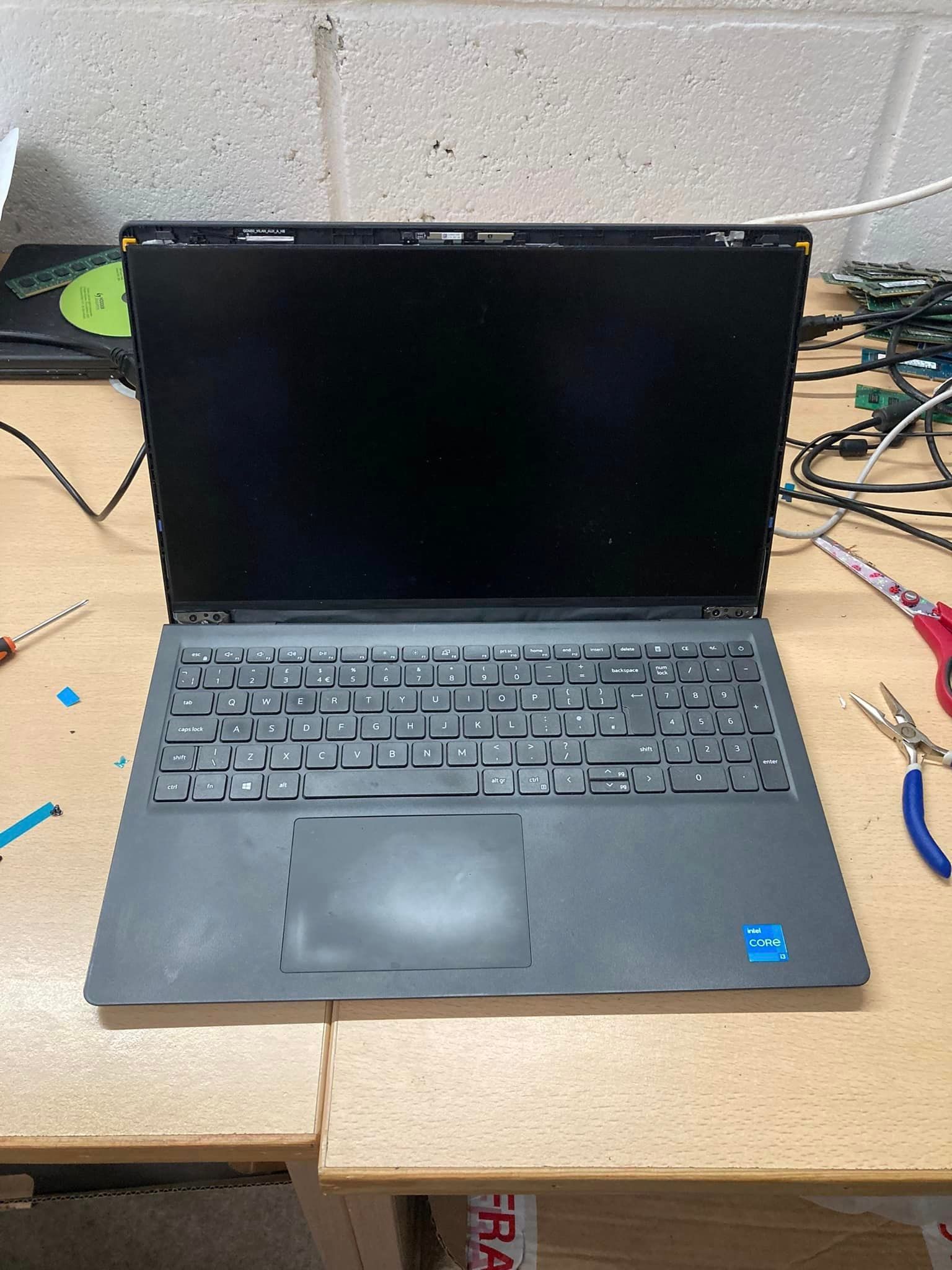Why is recycling technology so important?
Why recycling your unused IT equipment is essential: data security, compliance, and environmental impact

As technology continues to advance, people frequently upgrade their gadgets and devices, leading to the creation of a lot of electronic waste, known as e-waste, in the form of unused IT equipment. Properly recycling this equipment is not only crucial for the environment but also for the benefit of businesses and individuals. Let's dive deeper into the reasons why recycling your unused IT equipment is essential.
Data Security:
Data security is a major concern for businesses and individuals. When disposing of IT equipment, sensitive data can be left on devices, leaving the information vulnerable to breaches. This information may include personal information, financial information, and intellectual property. Recycling these devices properly ensures that all data is securely wiped and destroyed before the equipment is recycled. Properly recycling IT equipment helps to safeguard against data breaches, protecting businesses and individuals from potential harm.
Compliance with Regulations:
Many countries and regions have regulations that require the proper disposal of e-waste. Improper disposal can result in significant fines and damage to a company's reputation. Recycling unused IT equipment ensures compliance with these regulations and avoids legal repercussions. In addition, recycling electronic equipment also helps to promote ethical and responsible business practices, improving the company's image and reputation.
Failure to comply with these regulations may lead to your business being taken to a magistrates' court and fined up to £5,000. Alternatively, if the matter is taken to a Crown Court, the fines can be unlimited.
Environmental Impact:
Disposing of e-waste improperly can have significant environmental impacts. Electronic devices contain toxic chemicals such as lead, mercury, and cadmium, which can be released into the environment, leading to soil and water pollution. Additionally, e-waste contributes to greenhouse gas emissions that contribute to climate change. By recycling unused IT equipment, we can reduce the amount of e-waste that ends up in landfills and prevent environmental damage.
Furthermore, recycling IT equipment also promotes the reuse of materials, reducing the demand for new resources and conserving natural resources. Recycling materials such as aluminium, copper, and gold found in electronic devices also saves energy, as it requires less energy to recycle existing materials than to mine new ones.
In conclusion, recycling unused IT equipment is essential for data security, compliance with regulations, and environmental impact. Proper recycling also promotes ethical and responsible business practices, and the reuse of materials conserves natural resources and saves energy. Businesses and individuals alike should prioritise the proper disposal of electronic equipment to protect themselves and the environment.




